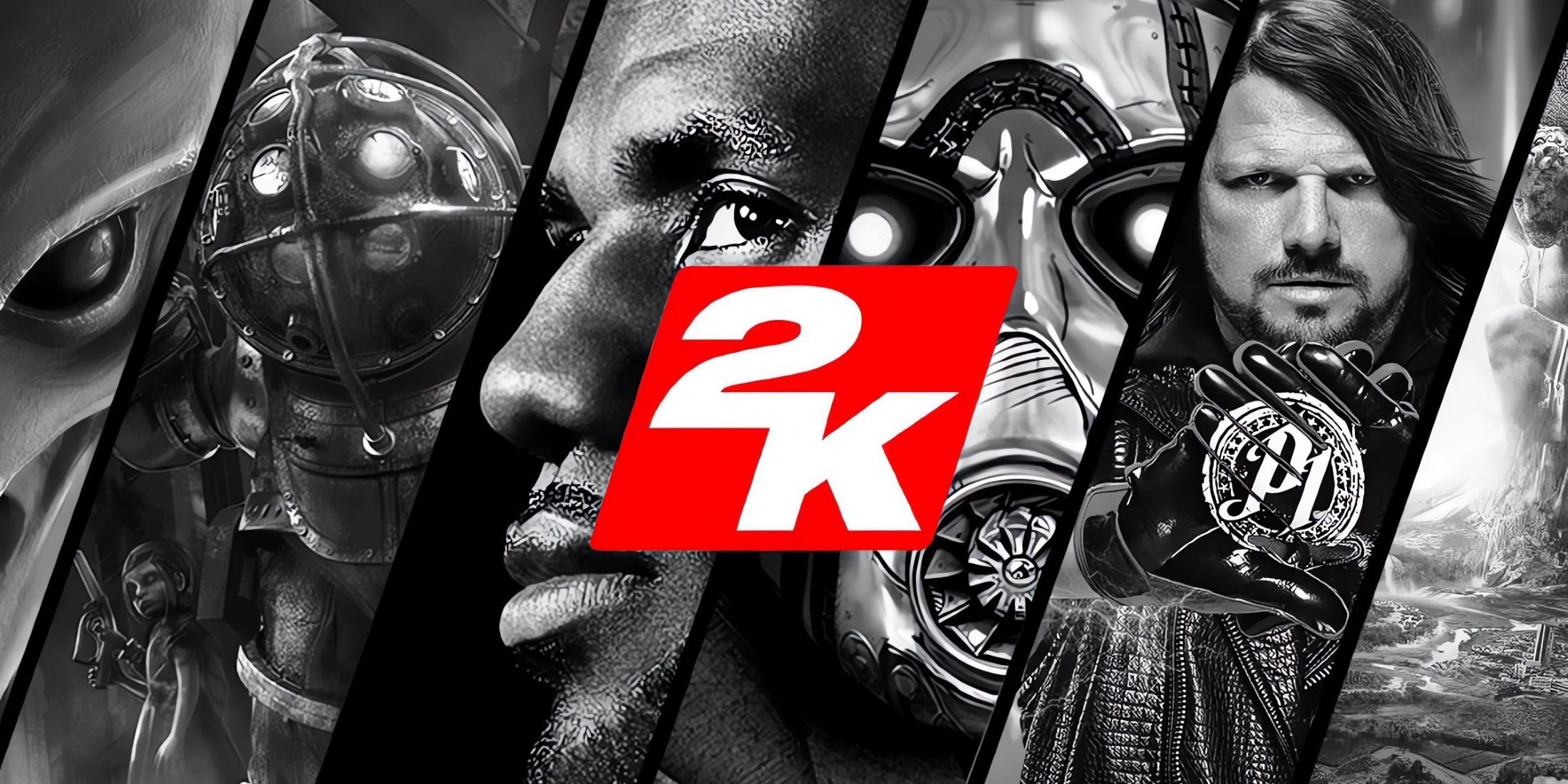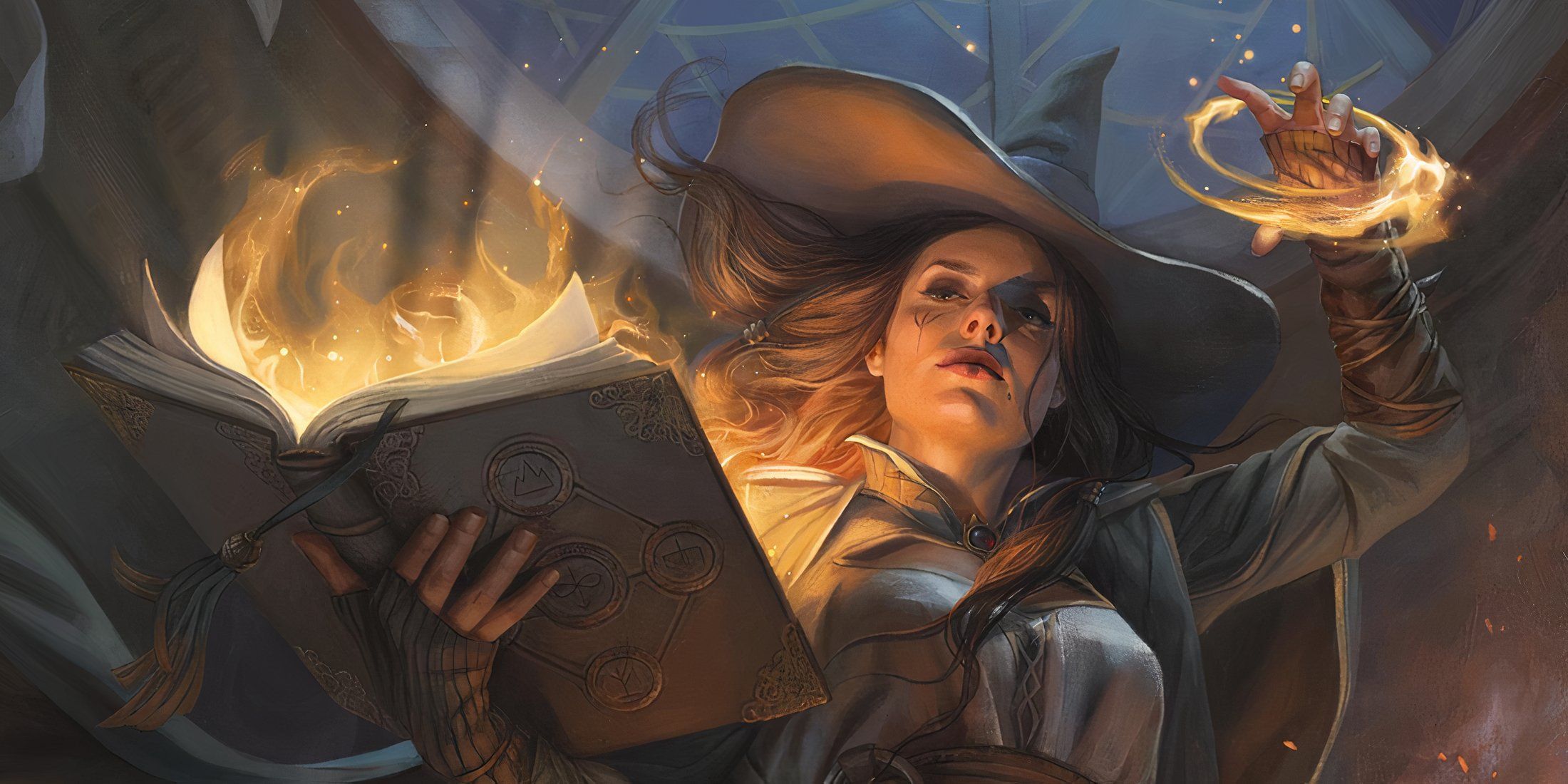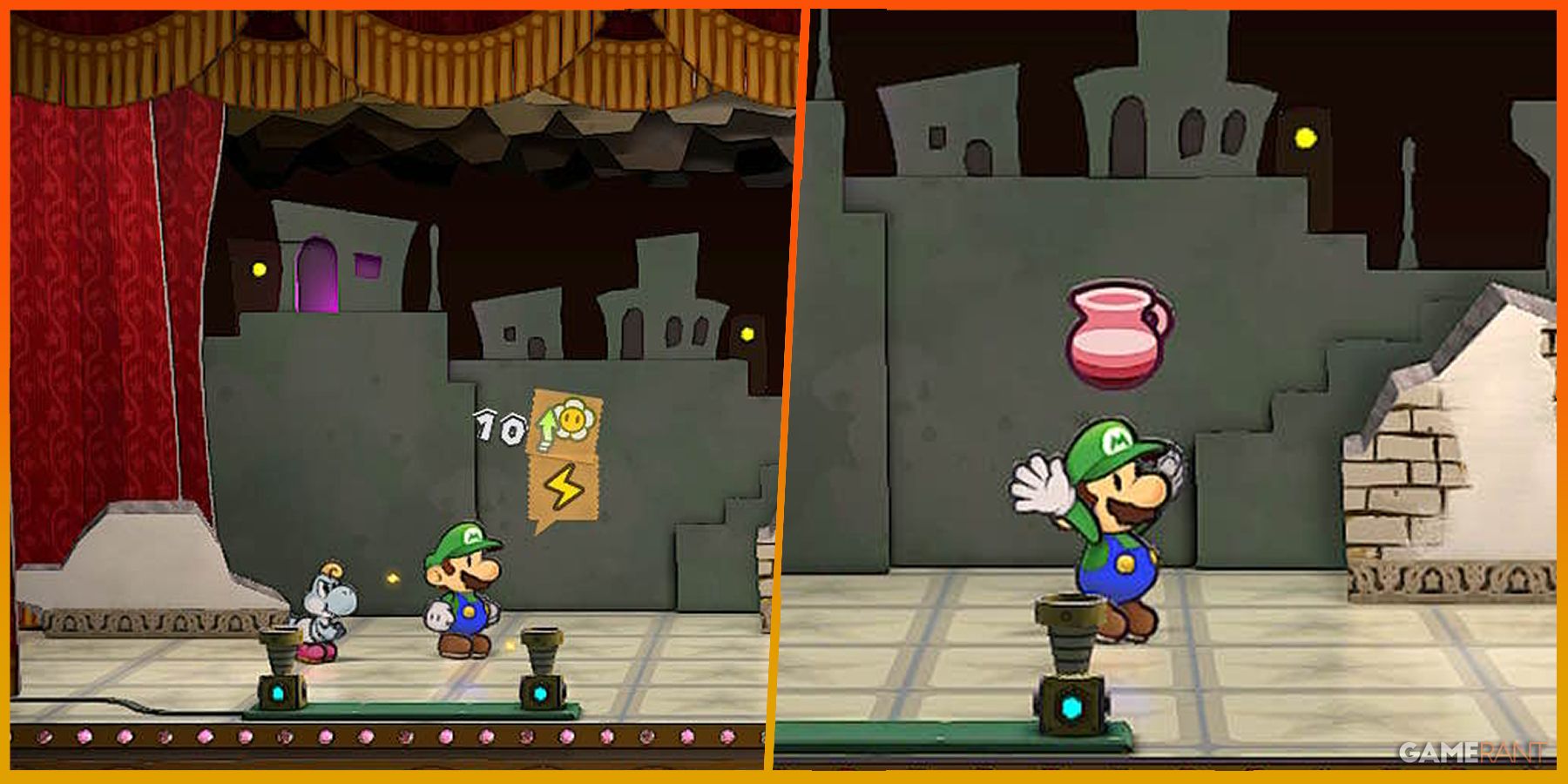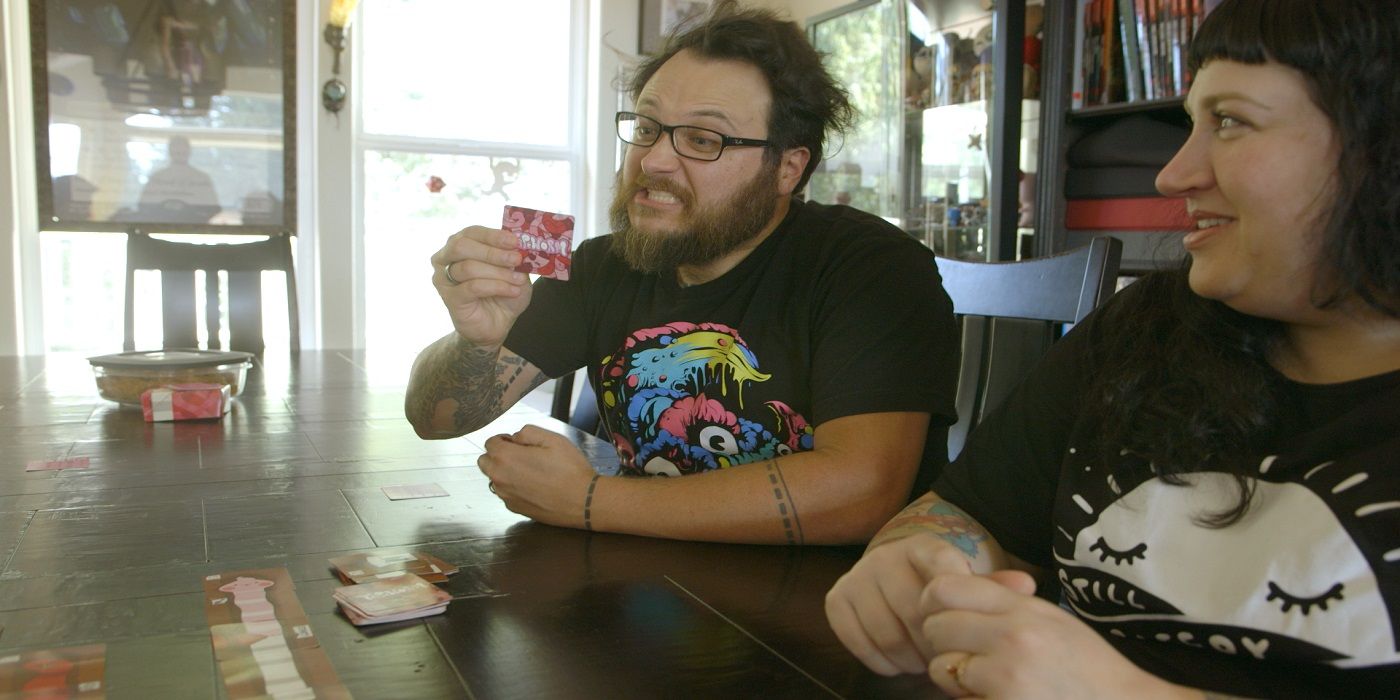Game ZXC sat down with Edmund McMillen, the creator of such notable titles as Super Meat Boy and The Binding of Isaac, to talk about his Kickstarter campaign for a new card game, Tapeworm. The Kickstarter is live as of April 28th, but fans of McMillen's video games may be surprised to see him working on something that seems so different. However, as McMillen discussed in our interview, there is a lot more in common with his previous work than may first meet the eye, as he sees board games and card games as an important part of any game developers' toolkit.
Tapeworm isn't the first card game that McMillen has created. Binding of Isaac: Four Souls was a card game based on the titular game that launched in 2018, but Tapeworm will be the first card game made by McMillen that isn't related to another IP. The game is similar to dominoes, with players connecting segments of differently colored worms to deplete their hands, but the addition of cards that allow players to cut segments of worm, block each other off, or otherwise shift gameplay adds another layer of complexity and fun into the equation.
One of the first questions asked to McMillen was about the transition from making more punishing video games that require a lot of perseverance into making a light card game suitable for friends, family, and kids. He simply responded that for him the transition just represented a genre change, and that while he may be mostly known for some of his platformers, he has made games in many different genres throughout his time as a developer.
Edmund spoke about a family member with some learning disabilities and challenges with reading comprehension, which inspired him to make a game that was mostly visually and spatially driven. "I set out originally to make something as accessible as Uno, but with strategy...." Making a game that is intuitive, easy to understand, yet still deep and complex is a challenge that many designers face, but when asked whether it was more difficult to make a simple game than a complex game, Edmund gave an easy answer: "It's the same.... the gear switch is more focused on broad playtesting instead of niche playtesting."
Learning From Making Card Games
Edmund found that the nature of playtesting was very different for Tapeworm, which helped drive his interest in making games in a physical medium, rather than a digital one. "There’s a few key aspects of that that really get people into the game- like dice rolling.... there’s something there to seeing luck happen before your eyes." Edmund felt he had learned a lot more about video games from making board games than vice versa.
"It’s kind of just understanding people more. Understanding what makes people feel smart, what makes people feel upset about things.... because in video games you can playtest so much, but a lot of times when people playtest they’re just playtesting for bugs, they’re playtesting for accessibility and that’s it. But to actually sit there and watch expressions, and watch emotion, it’s much easier to see when you’re in the physical realm."
For McMillen, the biggest difference between designing video games and card games was the ease of making and testing changes to the product.
"It’s not like you have a thousand moving pieces, this isn’t Catan .... I can play it and then I can say, 'let’s play again but with a different ruleset....' Not only am I getting feedback on gameplay, I’m also just looking at their faces. There’s a certain point when you can literally see someone go 'Ah, I’m smart! I’ve done it! I figured this out.' A moment like that will suck a person right into the game."
To close up this topic, we had to ask whether he felt that more developers should experiment with board games. "For sure!... you’re not dependent on somebody else, or even yourself, spending countless hours programming something." It seems like the biggest takeaway McMillen found from designing card games was the ability to really see the enjoyment on his players' faces during playtesting. That bodes well for Tapeworm, which may join the ranks of other great family tabletop games, as well as whatever new projects McMillen applies these lessons to in the future.
The Kickstarter campaign for Tapeworm is live now. Check it out here.





